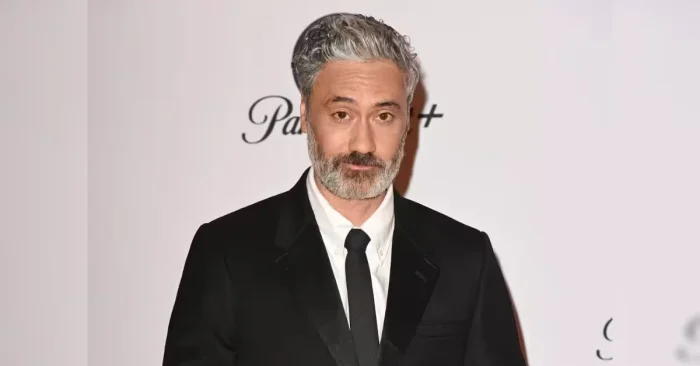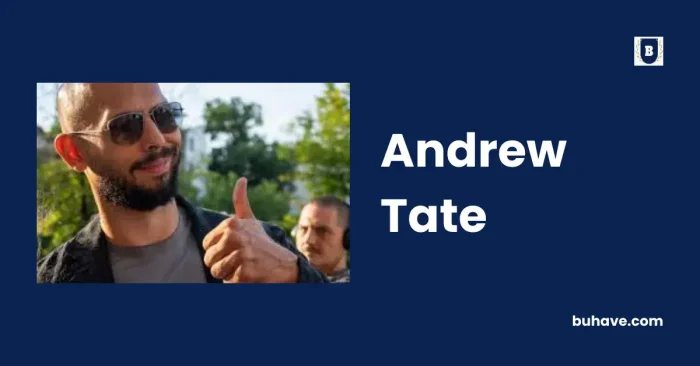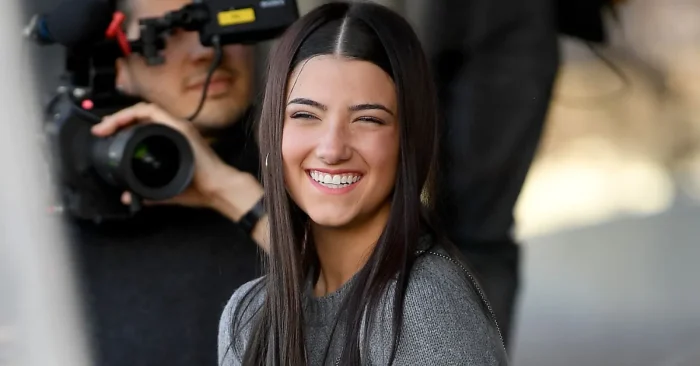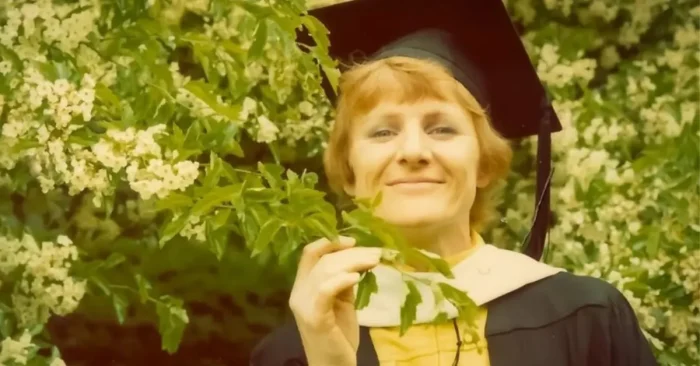Taika Waititi – Biography
Early Life
Taika Waititi was born on August 16, 1975, in Wellington, New Zealand. His father was Māori and his mother of Russian-Jewish heritage, giving him a rich cultural background. He grew up in a small coastal town, Raukokore, surrounded by stories, art, and humor. From a young age, he was drawn to creative expression—painting, performing, and storytelling. He later attended Victoria University of Wellington, studying theater and film. There, he developed his voice as an artist, blending cultural influences with a unique comedic tone that would shape his future work.
Early Career
Waititi began his artistic journey in comedy and performance, joining sketch groups like The Humourbeasts. He made early short films that combined humor and emotional depth. His 2004 short film, “Two Cars, One Night,” earned him an Academy Award nomination and brought global attention. With a fresh perspective and a knack for storytelling, he started gaining a following for his ability to balance humor with humanity, setting the tone for his upcoming feature films.
Independent Films
Taika’s first feature, “Eagle vs Shark” (2007), introduced his quirky style. But it was “Boy” (2010) that brought him critical success in New Zealand. Set in 1984, the film explored themes of family and identity, blending humor with nostalgia. It became the highest-grossing local film in New Zealand at the time. His next hit, “What We Do in the Shadows” (2014), co-directed with Jemaine Clement, was a mockumentary about vampires living in modern-day Wellington. It gained international cult status and was later adapted into a successful TV series.
Mainstream Success
In 2016, “Hunt for the Wilderpeople” became his next major hit. The film told the story of a troubled boy and his reluctant foster uncle lost in the New Zealand bush. Its mix of comedy, heart, and adventure resonated worldwide. Waititi’s films stood out for their originality, emotional core, and cultural richness. He was soon approached by major studios, and in 2017, he made his Hollywood breakthrough with Marvel’s “Thor: Ragnarok.”
Thor and Beyond
“Thor: Ragnarok” transformed the superhero franchise with bold color, humor, and a lighter tone. Taika’s direction gave the film a fresh identity, earning critical acclaim and over $850 million globally. He voiced the fan-favorite character Korg, showing his ability to blend acting and directing seamlessly. The success of “Thor” made Waititi a top-tier name in Hollywood, known for refreshing tired genres with creativity and charm.
Jojo Rabbit
In 2019, Waititi wrote, directed, and starred in “Jojo Rabbit,” a bold World War II satire where he played an imaginary Adolf Hitler. The film mixed humor and heart to deliver a message about love and tolerance. It won the Oscar for Best Adapted Screenplay and was nominated for Best Picture. The film confirmed that Waititi could take big creative risks while keeping emotional truth at the center of his work.
Ongoing Influence
Taika Waititi continues to influence global cinema. He’s involved in major projects like new Marvel films, Star Wars projects, and animated features. His work promotes Indigenous voices and diverse stories, reflecting his heritage and values. Whether through acting, writing, or directing, Waititi brings warmth, humor, and originality. His rise from local comedian to Oscar-winning filmmaker shows how authentic storytelling and cultural pride can resonate across the world.
Frequently Asked Questions (FAQs)
What is Taika Waititi famous for?
He’s best known for directing “Thor: Ragnarok,” “Jojo Rabbit,” and “What We Do in the Shadows.”
Has he won an Oscar?
Yes, he won the Academy Award for Best Adapted Screenplay for “Jojo Rabbit” in 2020.
What is his directing style?
His style blends humor, emotion, and visual creativity with strong cultural and social themes.
Does he act in his films?
Yes, Taika often plays roles in his movies, including Korg in the Marvel universe.
What are his future projects?
He is working on new Marvel and Star Wars films and continues promoting Indigenous storytelling.






